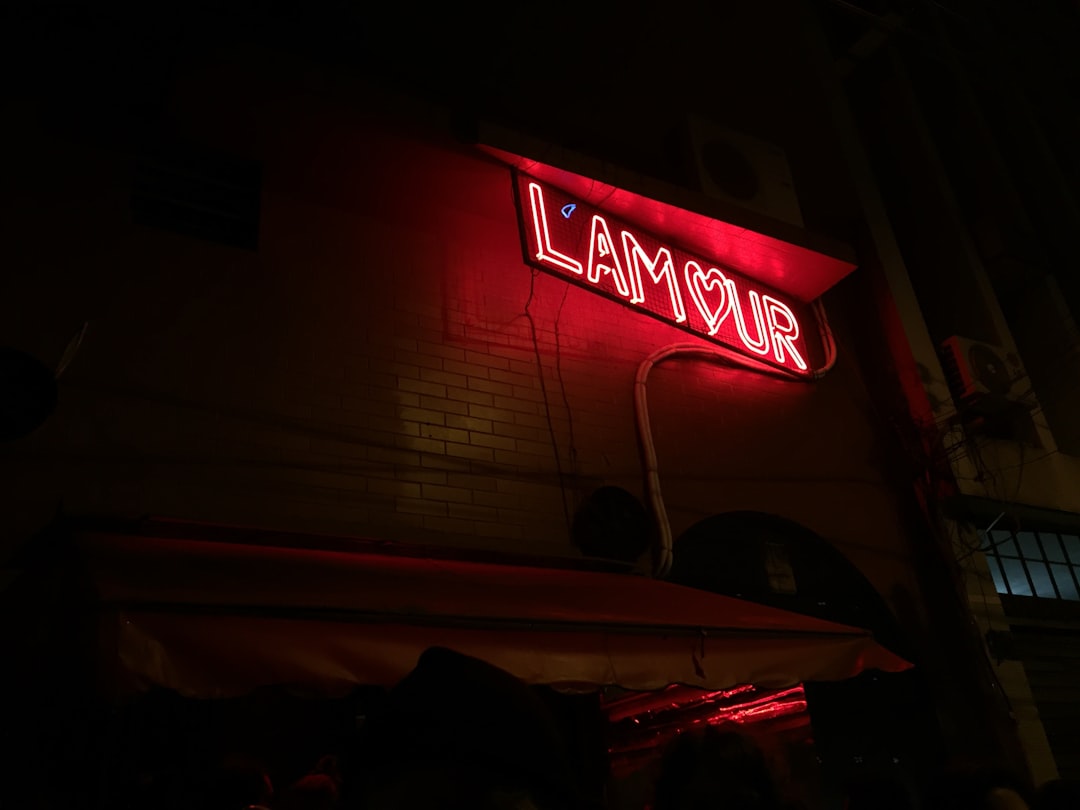Elderly sexual assault is a pressing issue in Illinois, with strict laws demanding care facility staff training, reporting procedures, and penalties for non-compliance, as highlighted by an elderly sexual assault law firm in Illinois. Effective prevention requires tailored training modules covering legal obligations, abuse sign identification, and safety measures, leveraging insights from the same law firm to ensure compliance. Interactive methods like workshops, case studies, and role-playing enhance learning retention. Regular assessments, feedback, and collaboration with local elderly sexual assault law firms help tailor educational approaches based on community needs and observed behavioral changes.
In Illinois, training programs aimed at preventing sexual assault among elderly care staff are more crucial than ever. Despite being a sensitive topic, it’s a growing concern as our population ages. This article delves into the importance of such initiatives, exploring legal aspects and state regulations related to elderly sexual assault. We present effective strategies for developing comprehensive training modules and offer insights on implementing and evaluating educational programs to create safer environments for Illinois’ elderly population, supported by expert recommendations from elder care and legal professionals.
Understanding Elderly Sexual Assault: Legal Aspects and Illinois Regulations

Elderly sexual assault is a sensitive and critical issue in Illinois, with specific legal implications and regulations in place to protect vulnerable seniors. As an elderly sexual assault law firm in Illinois notes, the state has stringent laws aimed at preventing and addressing such incidents within care facilities. These laws not only mandate comprehensive training for staff but also establish strict reporting procedures and potential penalties for non-compliance.
Caregivers and staff members working in elder care settings must be well-versed in recognizing the signs of sexual abuse, understanding consent, and knowing how to respond appropriately. Illinois regulations require these programs to cover various topics, including the legal rights of elders, reporting procedures, and best practices to foster a safe environment. By adhering to these guidelines, care facilities can ensure they meet their legal obligations while also promoting a culture of respect and safety for elderly residents.
Creating Comprehensive Training Modules for Caregivers

Effective training programs for Illinois elder care staff on sexual assault prevention require creating comprehensive modules tailored to the unique needs and challenges faced by caregivers. These modules should cover a range of topics, including legal requirements, recognizing signs of potential abuse, and implementing safety protocols. An elderly sexual assault law firm in Illinois can provide valuable insights into current laws and best practices, ensuring that training stays updated with relevant legislation.
Modules should be interactive and engaging, incorporating case studies, role-playing scenarios, and open discussions to foster active participation from caregivers. By equipping staff with the knowledge and skills to prevent and respond to sexual assaults, these programs can significantly enhance the safety and well-being of elderly individuals in their care.
Implementing and Evaluating Effective Education Strategies for Prevention

Implementing and evaluating effective education strategies is paramount in preventing sexual assaults involving elder care staff in Illinois. A comprehensive training program should be designed to meet the unique needs and challenges faced by caregivers, focusing on recognizing potential risks, understanding consent, and responding appropriately to sensitive situations. Interactive workshops, case studies, and role-playing scenarios can enhance learning retention.
Regular assessments and feedback sessions are crucial to gauge the program’s effectiveness. By soliciting input from participants and tracking changes in their attitudes and behaviors post-training, care facilities can tailor their educational approaches. Collaborating with local elderly sexual assault law firms can provide valuable insights into real-world cases, ensuring the training curriculum aligns with current legal frameworks and community needs.






